Brazil is pursuing a budget surplus of 0.25% of its GDP as part of an ambitious plan under President Lula to strengthen the economy and improve financial health. However, challenges like high inflation, budget management, and external economic factors complicate these goals. Achieving this surplus requires careful strategies, increased tax revenues, and effective public support to navigate potential roadblocks.
Brazil’s fiscal goals aim to achieve a budget surplus of 0.25% of GDP. This target is part of President Lula’s plan to strengthen the economy. However, reaching this goal won’t be easy.
What Is a Budget Surplus?
A budget surplus happens when a government’s income exceeds its spending. This can help reduce debt and improve financial health. For Brazil, it means more funds can go toward important services and development projects.
Current Economic Landscape
Brazil faces multiple challenges. Inflation rates are high, and the economy is still recovering from past economic troubles. These issues can complicate efforts to achieve the surplus.
Strategies for Success
To meet its goals, Brazil needs to control spending while boosting tax revenues. This might include improving tax collection and cutting unnecessary expenses. Efficient management of public resources is essential.
Potential Roadblocks
Unexpected events, like global economic downturns, can hinder Brazil’s plans. Political instability can also affect investor confidence and spending. It’s vital for the government to stay flexible and adjust its strategies as needed.
Ultimately, the success of Brazil’s budget surplus plan will depend on careful planning and public support. This is a crucial step towards economic recovery and growth.
Conclusion
In conclusion, Brazil’s plan for a budget surplus is a significant step towards economic stability. While challenges exist, careful strategies can help achieve the set goals. Controlling spending and improving tax revenues will be key to overcoming obstacles.
Support from the public and smart management of resources are crucial for success. If Brazil can navigate these challenges, it can pave the way for growth and prosperity in the future. Achieving a budget surplus may not be easy, but it’s a vital goal for a stronger economy.
FAQ – Frequently Asked Questions about Brazil’s Fiscal Goals
What is a budget surplus?
A budget surplus occurs when a government’s revenue exceeds its expenditures, allowing for reduced debt and improved financial health.
Why is Brazil aiming for a budget surplus?
Brazil aims for a budget surplus to strengthen its economy, reduce debt, and allocate more funds toward essential services and development.
What challenges does Brazil face in achieving this goal?
Brazil faces high inflation rates, economic recovery issues, and potential political instability that could hinder its budget surplus plans.
How can Brazil increase tax revenue?
Brazil can boost tax revenue by improving tax collection processes and ensuring compliance among taxpayers.
What role does public support play in achieving the budget surplus?
Public support is vital, as it can influence policy decisions and encourage compliance with new fiscal measures.
What happens if Brazil does not reach its budget surplus goal?
Failing to reach the budget surplus may limit Brazil’s ability to invest in crucial services and could affect overall economic stability.


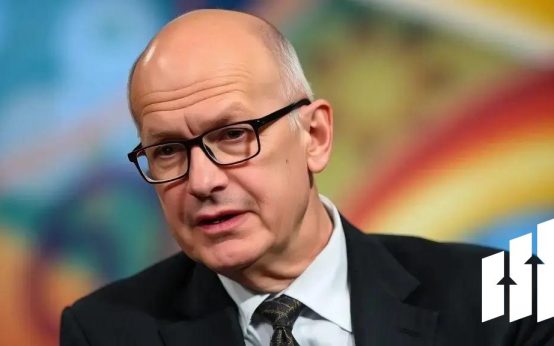 Miran Highlights Dual Goals of Fed and Interest Rate Outlook
Miran Highlights Dual Goals of Fed and Interest Rate Outlook 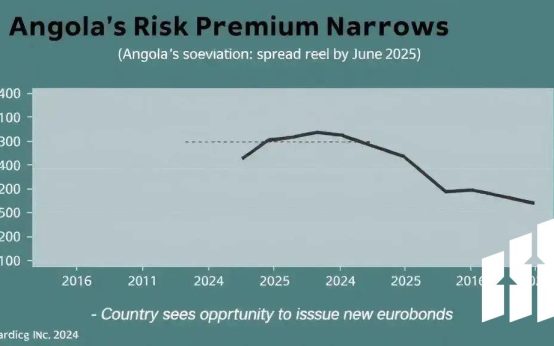 Are You a Robot? Unusual Activity Detected on Bloomberg
Are You a Robot? Unusual Activity Detected on Bloomberg 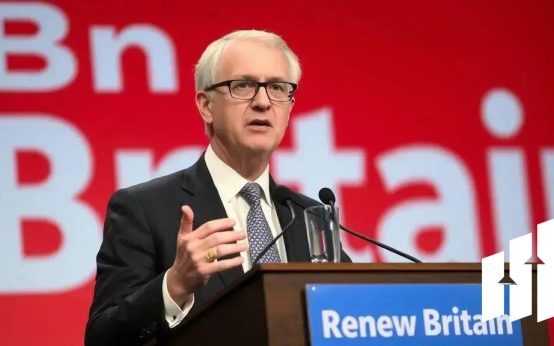 Keir Starmer Leads Business Delegation to India for Trade Pact
Keir Starmer Leads Business Delegation to India for Trade Pact  Takaichi Appoints Ex-Finance Minister as Secretary General of LDP
Takaichi Appoints Ex-Finance Minister as Secretary General of LDP 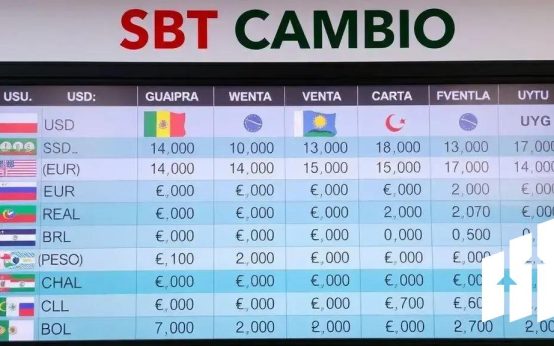 Argentina Continues Dollar Sales Amid Weakened Peso Crisis
Argentina Continues Dollar Sales Amid Weakened Peso Crisis 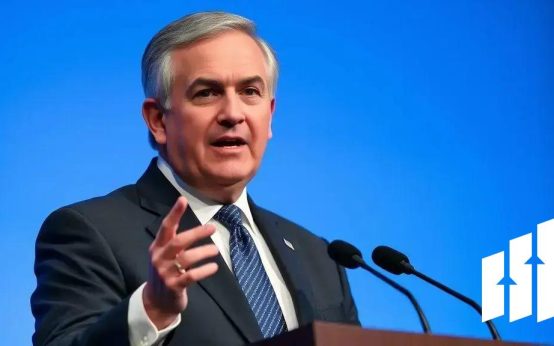 White House Calls on Democrats to Resolve Ongoing Government Shutdown
White House Calls on Democrats to Resolve Ongoing Government Shutdown